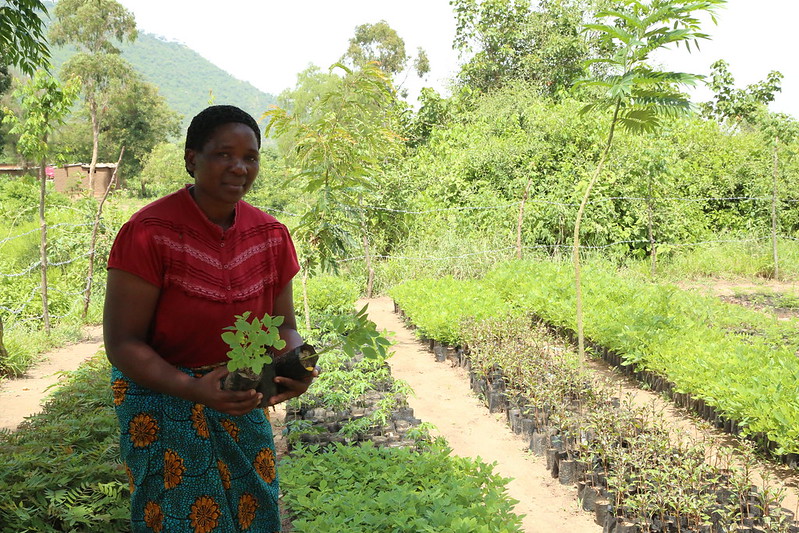Farmers lead adoption of agroforestry practices in Dodoma, Tanzania
In 2016, Philemon Malekela, a farmer from Nghumbi Village in Tanzania's semi-arid Kongwa District, made a learning visit to Moshi Maile's farm. He had long heard about how Maile had found success after adopting agroforestry and other improved agricultural technologies promoted ...
OnJune 20, 2022


